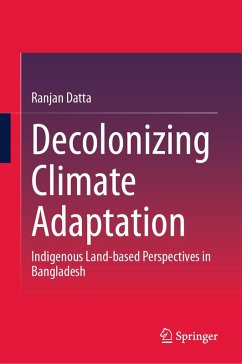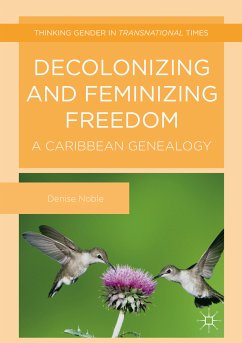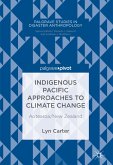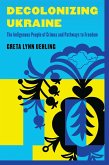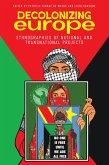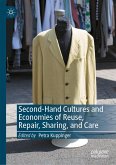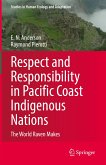Drawing on community-led case studies and centering Indigenous voices, the book advocates for decolonial approaches to disaster adaptation, emphasizing Indigenous and local sovereignty, traditional environmental knowledge, and self-determined leadership in addressing climate crises. It highlights sustainable and culturally interconnected strategies such as forest conservation, land-based agriculture, and community-led adaptation planning.
This volume is a critical resource for scholars, students, and practitioners working in environmental policy, climate adaptation, conservation, Indigenous studies, gender studies, environmental sustainability, and ethnic studies. It contributes to an urgent and timely conversation about how to reimagine disaster adaptation through relational, land-based, and decolonial frameworks.
Dieser Download kann aus rechtlichen Gründen nur mit Rechnungsadresse in A, B, BG, CY, CZ, D, DK, EW, E, FIN, F, GR, HR, H, IRL, I, LT, L, LR, M, NL, PL, P, R, S, SLO, SK ausgeliefert werden.

